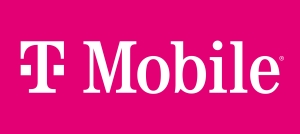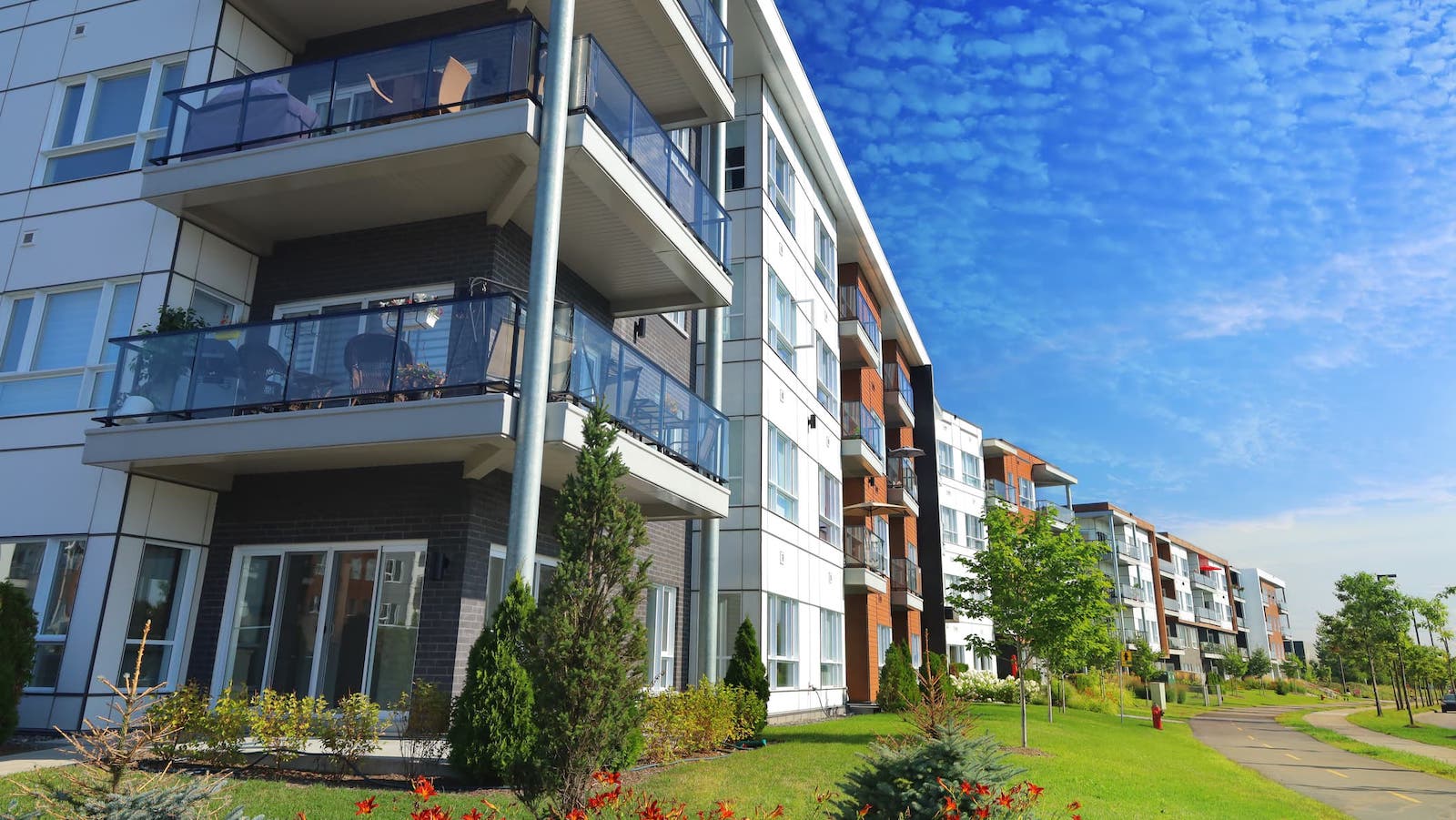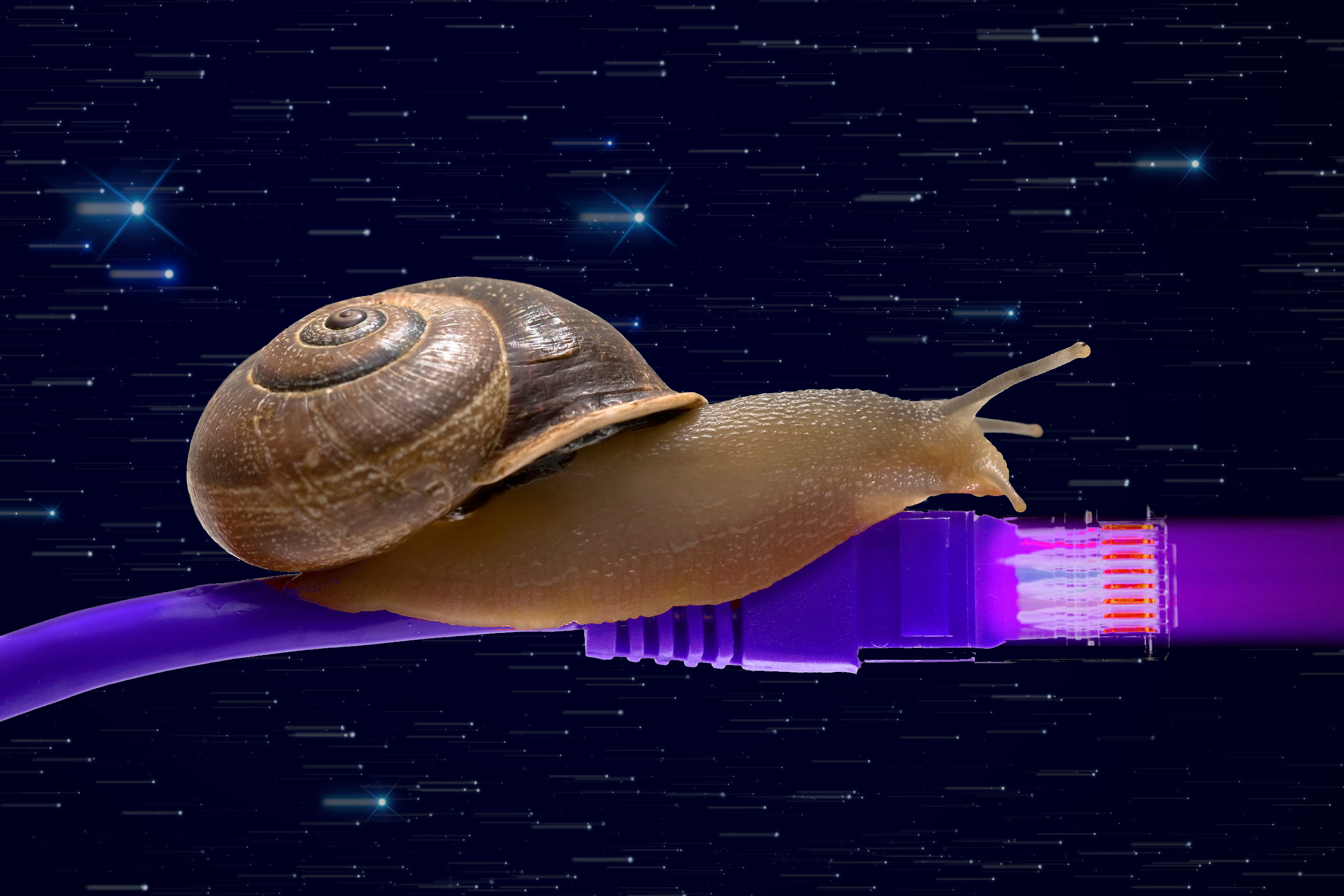How to Choose an Internet Service Provider
The most important factors to consider when choosing an internet service provider (ISP) are availability, speed, price, and internet connection type.
Apr 1, 2025 | Share
FAQ, Internet Buying Guides
We’ve got all the tips and tricks for finding the best internet providers and plans below to help you get fast, reliable internet at a fair price.
Find available internet providers
The first step in choosing an internet service provider is figuring out which ones offer service in your area. You can get a quick answer by using our zip code tool below.
Type in your zip code to see a list of internet providers in your area.
Most cities and towns in the United States have just a handful of internet providers operating in the area—and what’s available determines the internet speeds and prices you can get.
Best internet service providers
| Provider | Download speeds | Prices | Internet connection type | Order online |
|---|---|---|---|---|
|
| 300–2,300Mbps | $49.99–$119.99/mo.†# | Fiber, 5G | View Plans |

| 72–415Mbps | $50.00–$70.00/mo.║ w/ Auto Pay | 5G | |
|
| 300–1,000Mbps (wireless speeds may vary) | $49.99–$89.99/mo. for 12 mos.‡ | Cable | |
| 25–5,000Mbps | $55.00–$250.00/mo.** | Fiber, DSL, Fixed wireless | ||
|
| Starting at 150Mbps | Starting at $35.00/mo.§ | Cable |
Not sure what to choose? If any of the above providers are in your area, you can’t go wrong. They have the highest rankings in our annual customer satisfaction survey, beating out stiff competition in categories including speed, pricing, and customer service.
What are the most important factors in choosing an internet provider?
Now that you know what’s available in your area, internet connection type, speeds, and price are the most important factors to consider when choosing an ISP.
Speed is crucial because you want to make sure you have enough bandwidth to support all your favorite internet activities and other users on your Wi-Fi. However, make sure you’re not overpaying for speed you don’t need. Most people are content with 100 Mbps download speeds.
Pro tip:
Download our internet speed test app to figure out what kind of speed you’re getting on your current internet connection. Is it fast enough, or do you need an upgrade?
Pro tip:
Use our internet speed test to figure out what kind of speed you’re getting on your current internet connection. Is it fast enough, or do you need an upgrade?
Price varies from provider to provider and depending on your area. On top of your monthly bill, pay attention to extra fees for things like installation, data overages, equipment rental, or canceling your service. Also make sure to take advantage of internet deals and promotions, which range from free streaming services to VISA gift cards.
Connection type is the kind of internet you have, which determines crucial factors like how fast your Wi-Fi is and whether you can get symmetrical upload and download speeds. Fiber internet is the best connection type to get, but cable internet is good too, and 5G home internet is well worth it for affordability if it’s available in your area.
How to choose an ISP in a rural area
Satellite internet is the easiest type of internet to get in a rural area, but it’s not always the best option. Satellite internet plans cost a lot of money and typically come with strict limits on data and speeds. If possible, seek out a DSL, fixed wireless, or 4G LTE provider instead. Those generally give you faster download speeds, more data, and more bang for your buck.
Best rural internet service providers
| Provider | Speeds | Prices | Order online |
|---|---|---|---|
| Verizon LTE Home Internet | 25–50Mbps | $25.00–$50.00/mo.* | View Plans |
| Rise Broadband | 25–50Mbps | $35.00–$65.00/mo. | |
| Starlink | 50–250Mbps | $110.00/mo.‡ | |
| Hughesnet | 50–100Mbps | $49.99–$94.99/mo.§ | |
| Viasat | 50–150Mbps | $99.99/mo.║ |
Other things to keep in mind when choosing an ISP
Get unlimited data if possible
On top of internet speed, you also need to pay attention to how much data you get on your plan. Internet providers typically give you 1 TB of internet data per month, which is more than enough for most people. But some plans give you less data—especially tantalizingly cheap cable and satellite internet plans.
Going over your cap leads to overage charges or slowed download speeds. If you spend a lot of time doing data-heavy things like streaming 4K movies or attending Zoom meetings, you should avoid caps altogether by picking an internet provider that offers unlimited data. Another, less desirable option is paying extra for unlimited data as an add-on to your current plan.
Pro tip:
Look at our comprehensive list of which providers have data caps and which don’t to see if you can get unlimited data in your area.
Beware of hidden fees and annual contracts
The monthly fee on an internet plan is rarely the only cost you have to pay—in many cases, internet providers also tack on extra costs for installation and monthly equipment rentals. Some (especially cable providers) also have annual price hikes on their plans and early termination fees if you cancel before your contract is up.
The best way to avoid these hidden charges is picking an internet provider that doesn’t monkey around with them to begin with. Earthlink , Google Fiber, Verizon 5G Home Internet , and T-Mobile Home Internet all offer internet plans at fixed rates with no hidden surprises.
Look for deals, promotions, and promo prices
Many internet providers offer regular promotions and deals to sweeten the pot when new customers sign up—so you want to take advantage of any deals when they’re available. Take a look at the latest deals offered from internet providers in your area—and when you go to sign up, ask customer service if there’s any way they can hook you up.
Some providers also offer promotional pricing on their plans, which we aren’t as fond of because promo prices can be misleading. At first, the price for your plan looks great, but after a year of service you’re hit with steep price hikes seemingly out of nowhere.
FAQ about how to choose an ISP
What are the three main factors to consider when choosing an internet service provider?
What’s better: fiber internet or cable internet?
Disclaimers
Best internet service providers
†w/ Auto Pay. Available in select areas. Consumer data usage is subject to the usage restrictions set forth in Verizon’s terms of service; visit: https://www.verizon.com/support/customer-agreement/ for more information about 5G Home and LTE Home Internet or https://www.verizon.com/about/terms-conditions/verizon-customer-agreement for Fios internet.
#Available in select areas only. Price per month with Auto Pay & without select 5G mobile plans. Fios plan prices include taxes & fees. Consumer data usage is subject to the usage restrictions set forth in Verizon’s terms of service; visit: https://www.verizon.com/support/customer-agreement/ for more information about 5G Home and LTE Home Internet or https://www.verizon.com/about/terms-conditions/verizon-customer-agreement for Fios internet.
‡Limited time offer; subject to change; valid to qualified residential customers who have not subscribed to any services within the previous 30 days and who have no outstanding obligation to Charter.
**Speeds based on wired connection. Actual speeds may vary. For more info, go to www.att.com/speed101.
Price after $5/mo Autopay & Paperless bill discount (w/in 2 bills). Plus taxes & fees. Monthly State Cost Recovery Charge in TX, OH, NV applies. One time install chrg may apply. Ltd. avail/areas. Call or go to www.fiber.att.com to see if you qualify.
Price after $5/mo Autopay & Paperless bill discount (w/in 2 bills). Plus taxes & fees. Monthly State Cost Recovery Charge in TX, OH, NV applies. Ltd. availability/areas.
§for 12 months with 1-yr. term agreement
║w/ Auto Pay. Regulatory fees included in monthly price for qualified accounts. See full terms.
Best rural internet service providers
*w/ Auto Pay and select 5G mobile plans. Available in select areas. Consumer data usage is subject to the usage restrictions set forth in Verizon’s terms of service; visit: https://www.verizon.com/support/customer-agreement/ for more information about 5G Home and LTE Home Internet or https://www.verizon.com/about/terms-conditions/verizon-customer-agreement for Fios internet.
†Plus taxes w/qualifying AT&T wireless svc. Incl 350GB data/mo., overage chrgs apply. Ltd. avail/areas in U.S.
‡Plus hardware, shipping & handling fees, and tax. Fully refundable. Depending on location, some orders may take 6 months or more to fulfill.
§For 12 month, no term contract. Taxes and equipment not included. Incl. up to $10/mo. auto-pay & paperless bill discount. Pricing and plan names may vary by region.
║Prices and availability vary by location. Installation fees, monthly equipment lease fees, and taxes may apply. After 100 GB of High-Speed Data usage, you still have unlimited access to Standard Data, which may result in slower speed.
Author - Peter Holslin
Peter Holslin has more than a decade of experience working as a writer and freelance journalist. He graduated with a BA in liberal arts and journalism from New York City’s The New School University in 2008 and went on to contribute to publications like Rolling Stone, VICE, BuzzFeed, and countless others. At HighSpeedInternet.com, he focuses on covering 5G, nerding out about frequency bands and virtual RAN, and producing reviews on emerging services like 5G home internet. He also writes about internet providers and packages, hotspots, VPNs, and Wi-Fi troubleshooting.
Editor - Rebecca Lee Armstrong
Rebecca Lee Armstrong has more than six years of experience writing about tech and the internet, with a specialty in hands-on testing. She started writing tech product and service reviews while finishing her BFA in creative writing at the University of Evansville and has found her niche writing about home networking, routers, and internet access at HighSpeedInternet.com. Her work has also been featured on Top Ten Reviews, MacSources, Windows Central, Android Central, Best Company, TechnoFAQ, and iMore.







